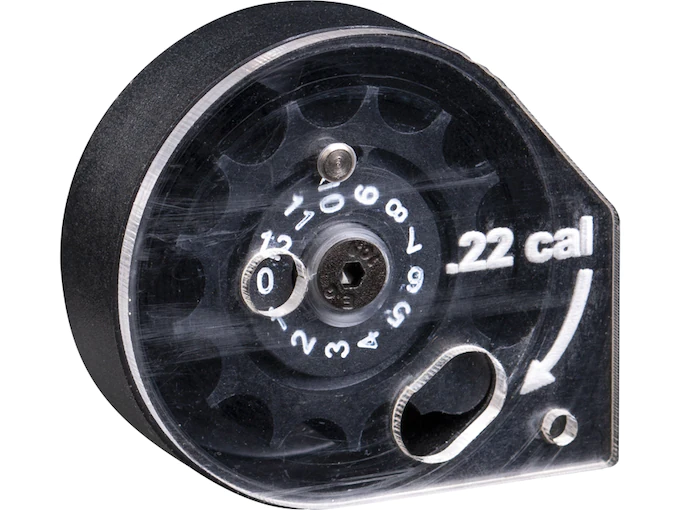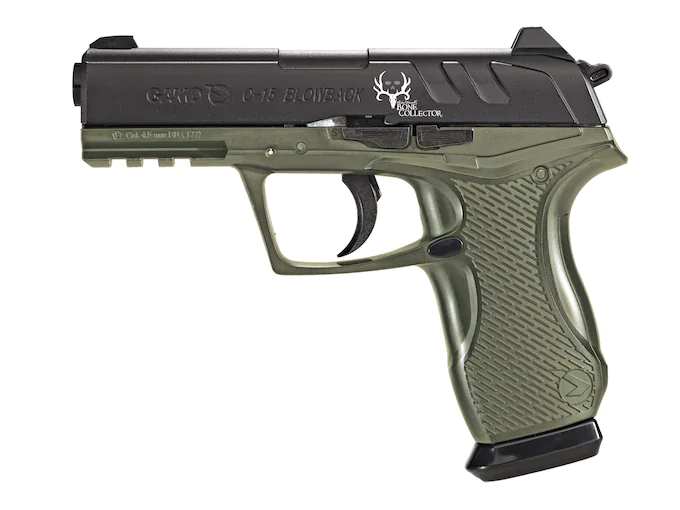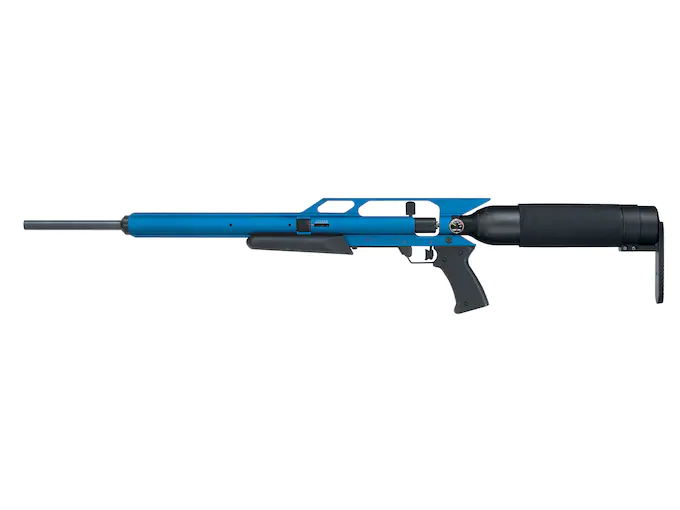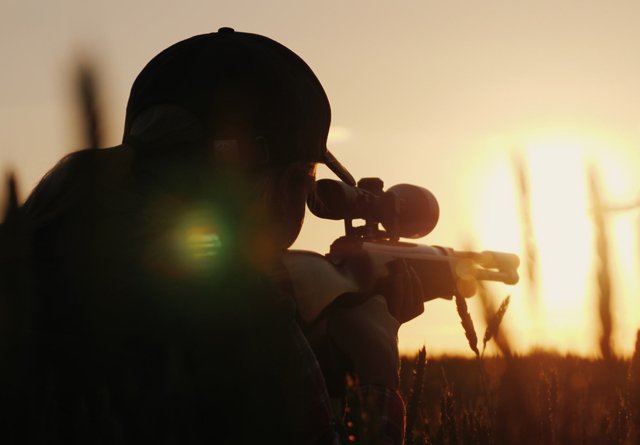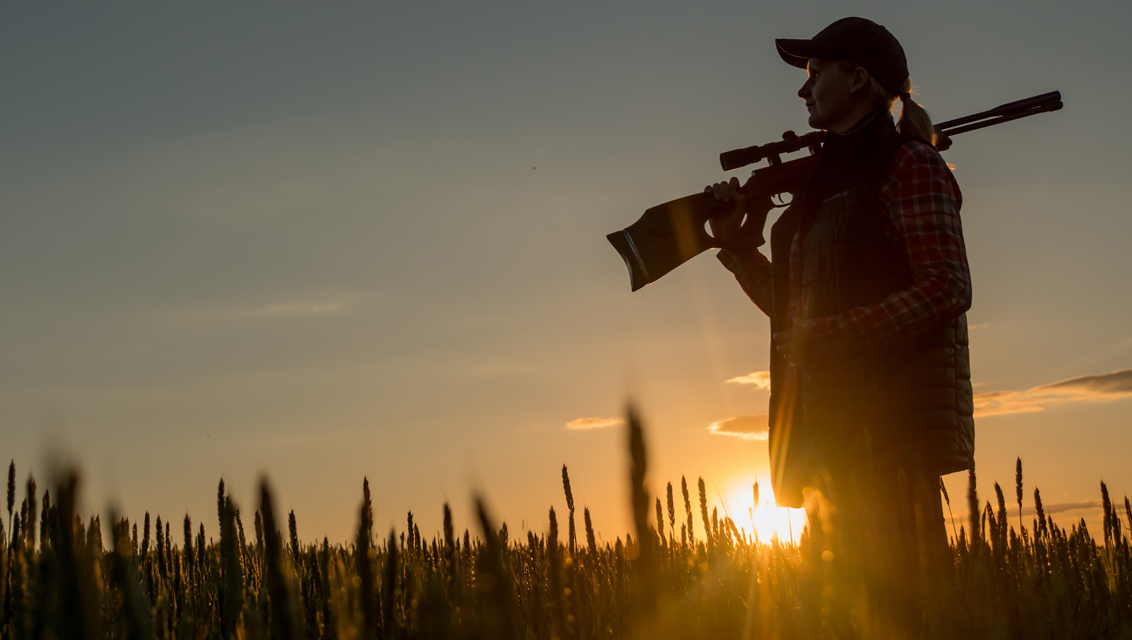Airgun shooting is a popular activity during the summer, offering enthusiasts a chance to practice their marksmanship skills in pleasant weather. Here are some key points to consider for Airgun shooting in the summer:
Safety First
- Protective Gear: Always wear eye protection.
- Environment: Ensure the shooting area is safe and free of obstacles or people.
Equipment Maintenance
- Temperature Effects: High temperatures can affect air pressure in pneumatic airguns, altering performance.
- Lubrication: Keep your airgun properly lubricated, as heat can cause oil to thin and evaporate more quickly.
Shooting Tips
- Hydration: Stay hydrated to maintain focus and stamina.
- Clothing: Wear light, breathable clothing to stay cool.
- Sun Protection: Use sunscreen and wear a hat to protect against sunburn.
Ideal Locations
- Gardens: Ensure that there is a safe backstop.
- Ranges: Use designated airgun ranges that provide a safe environment and often have cooling amenities.
- Open Fields: These provide space for longer-range shooting but require portable shade and water.
Types of Airguns
- Spring-piston: Reliable and less affected by temperature changes.
- Pre-charged Pneumatic (PCP): Offers high power and accuracy but requires air refills.
- CO2-powered: Convenient but sensitive to temperature variations.
- Take a look at our full range of Airguns on our website.
Target Practice
- Paper Targets: Easy to set up and provide clear feedback.
- Spinners and Reactive Targets: Add an element of fun and visual feedback.
- Cans and Bottles: These are readily available and fun for casual shooting.
Community and Competitions
- Clubs: Join local airgun clubs to meet other enthusiasts and participate in events.
- Competitions: Many clubs and organizations host summer shooting competitions for various skill levels.
Environmental Considerations
- Wildlife: Be mindful of wildlife and ensure shooting does not disturb local habitats.
- Litter: Clean up all targets and spent ammunition to maintain the environment.

